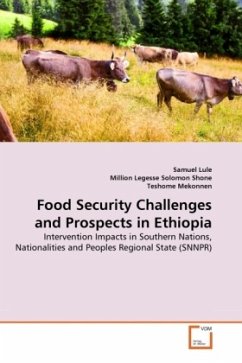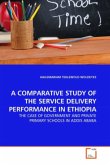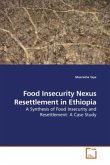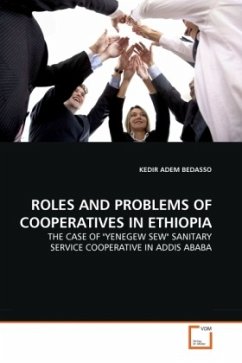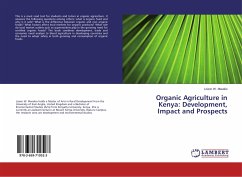Food insecurity is a key feature of many Households in Ethiopia through the years. Most of the studies were about famine, drought, disasters and food aid. The government designed and revised guiding strategic frameworks and policies to end poverty. This study however, explores the impact of current intervention, challenges and prospects of the Food Security Project (FSP) financed by the World Bank Credit, co-financed by Italian,Canadian and Ethiopian Government. The project was launched in 2003 in the Southern Nations, Nationalities and Peoples Regional State. The study consulted 925 Households, notably, 82% of the mini projects have resulted in a positive impact on 94% [both in the positive and mixed groups] of the households, out of which 88% have been able to improve their asset base, 70% raised cash income, while 72% attained improved consumption when compared to their status before joining FSP. Households were able to shift in their relative wealth status, develop Human, Social, Financial, Natural and Physical assets, besides diversifying livelihood strategies underpinned by Productive Safety Net Project (PSNP).
Bitte wählen Sie Ihr Anliegen aus.
Rechnungen
Retourenschein anfordern
Bestellstatus
Storno

